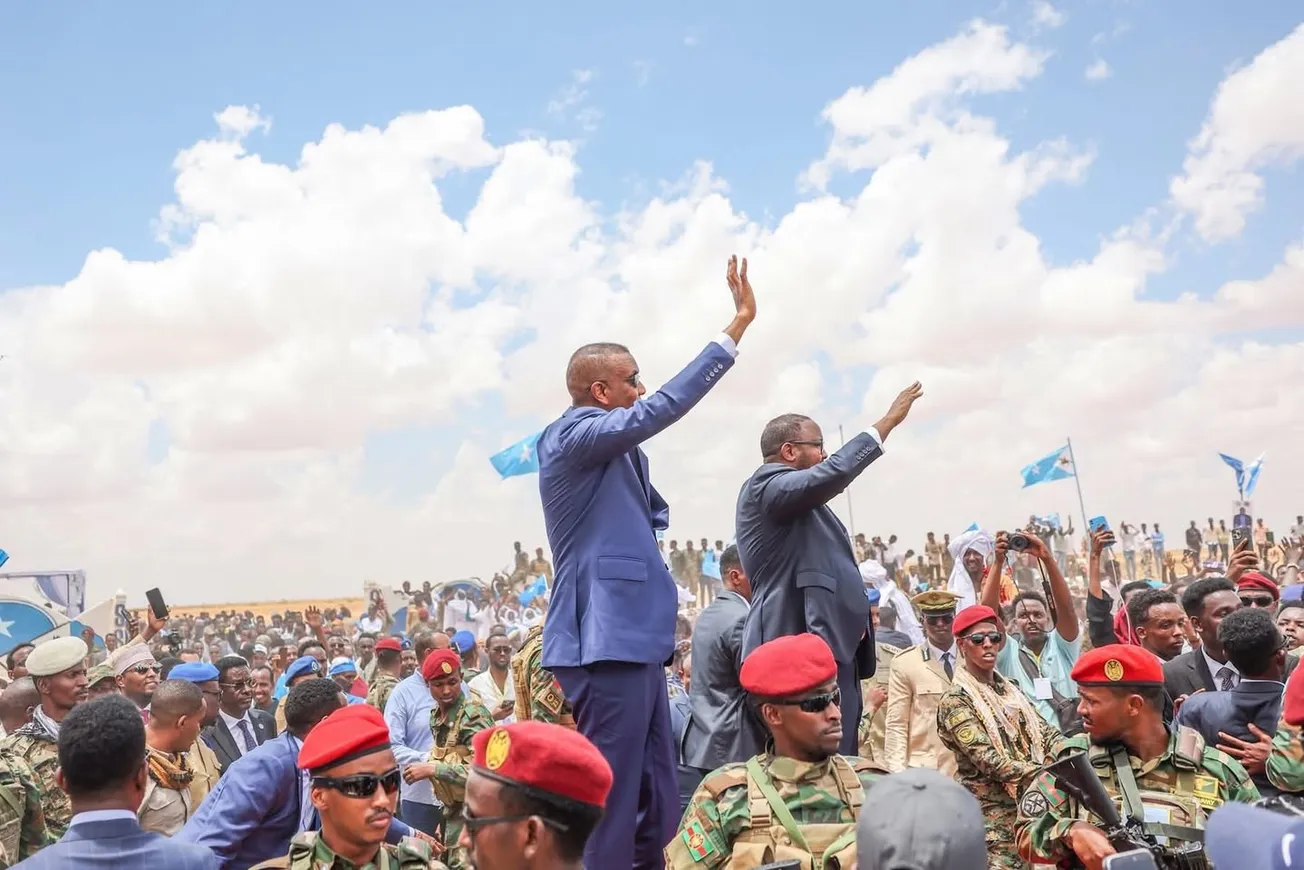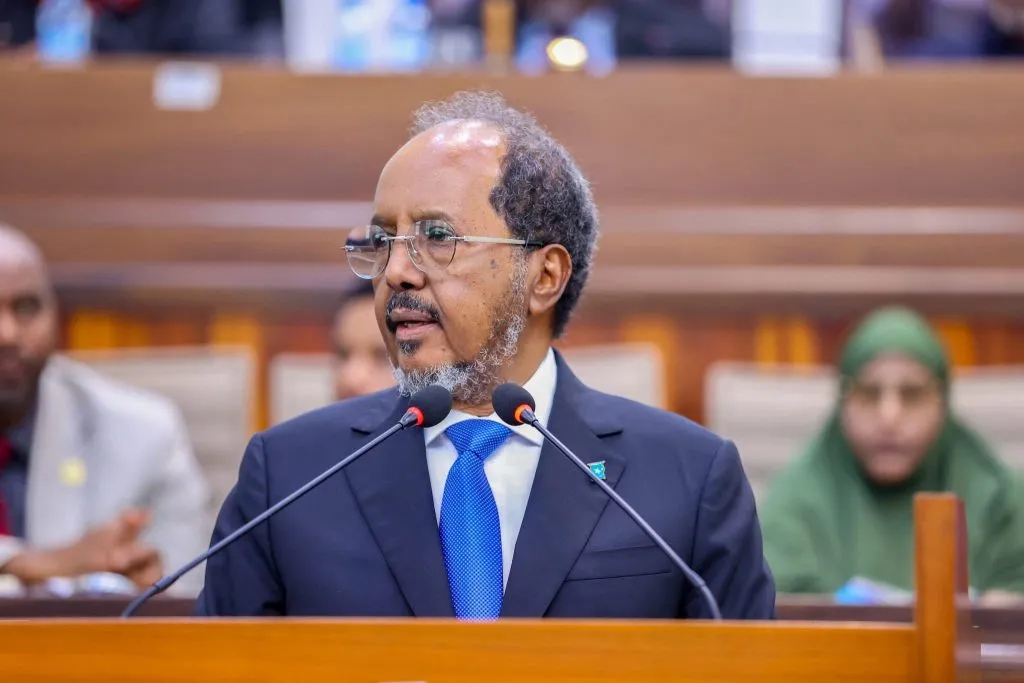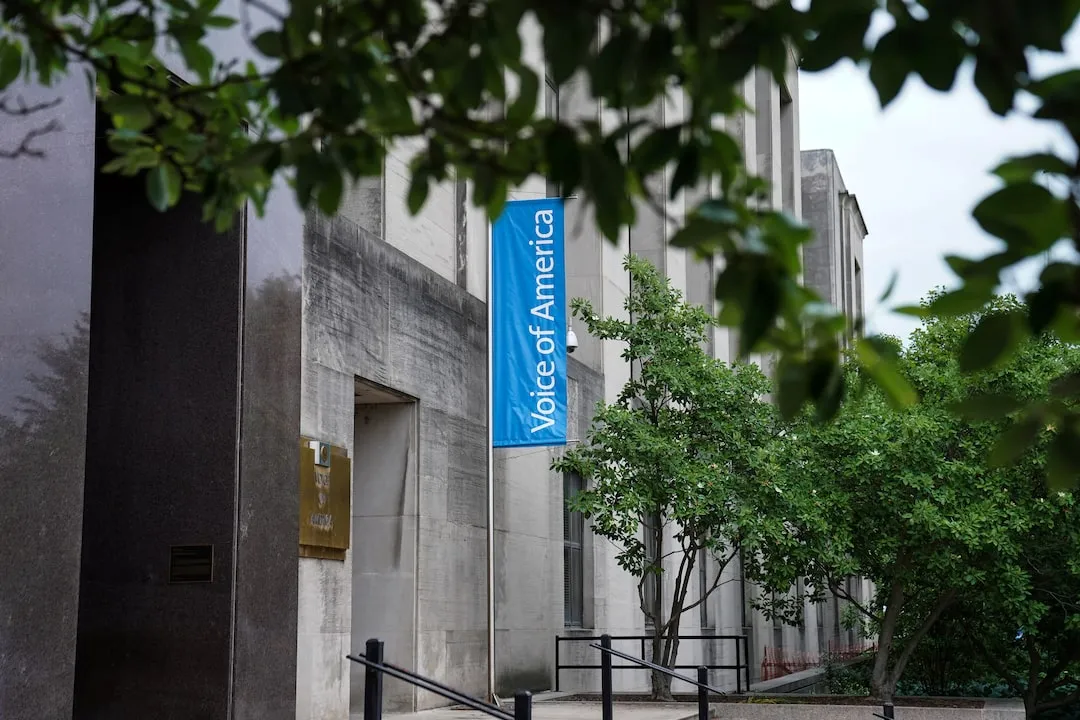Table of Contents
The recent agreement, signed in Istanbul on March 7, 2024, between Somalia and Turkey in the hydrocarbons sector marks a significant step toward tapping into Somalia's substantial yet underutilized energy resources. Considering Somalia's prolonged instability and developmental challenges, this partnership, outlined explicitly in the "Agreement Between the Government of the Republic of Türkiye and the Federal Government of the Federal Republic of Somalia in the Field of Hydrocarbons," provides immediate opportunities and potential long-term benefits but also presents critical vulnerabilities that warrant careful analysis.
Turkey, a steadfast ally of Somalia, has positioned itself strategically through humanitarian and security assistance over recent years. Article 2 of the agreement details the intent to enhance scientific, technical, and commercial cooperation, providing short-term benefits for both nations. For Somalia, Article 4.1 grants Turkey’s designated entity exclusive rights to seismic exploration and drilling operations, offering immediate access to Turkey’s technical expertise and financial resources. Conversely, Turkey gains significant operational foothold and geopolitical advantage in a strategically important energy-rich region.
However, specific provisions reveal notable shortcomings for Somalia, especially concerning financial structures. Under Article 4.5, Turkish entities are exempt from paying signature bonuses, surface fees, or administrative charges—a marked departure from international norms typically observed in resource-rich developing countries' agreements with foreign investors. Such exemptions might significantly limit Somalia's immediate financial gains, particularly during initial exploration phases.
Article 4.4 allows Türkiye Petrolleri Anonim Ortaklığı (TPAO) substantial autonomy in decision-making, including determining its participating interests and assigning these interests to third parties. Historically, such flexibility has disadvantaged host countries. Angola's early oil agreements exhibited similar clauses, initially benefiting foreign entities disproportionately and delaying significant local economic impacts.
Furthermore, Article 4.6 caps Somalia's maximum royalty rate at 5%, a relatively modest share compared to global industry standards, generally ranging from 10% to 15%. Coupled with a generous cost recovery rate, outlined in Article 4.7, allowing the contractor to recover up to 90% of annual production, Somalia risks minimal revenue gains during the project's early stages.
The "Change of Law" clause (Article 8) places substantial financial risk on Somalia, requiring compensation to Turkish entities for any costs resulting from legislative or regulatory changes. Such clauses, as observed in Nigeria’s initial oil contracts, have historically disincentivized essential regulatory reforms due to potentially severe financial repercussions on host countries.
Despite these vulnerabilities, the agreement presents significant opportunities for Somalia if carefully managed. It promises vital foreign investment, technical skill transfers, and infrastructure development crucial to Somalia’s long-term stability and economic independence. Successful implementation could lead to considerable socio-economic improvements, including employment growth and enhanced technological capabilities.
For Turkey, this agreement strategically aligns with ambitions to expand regional influence, secure long-term energy resources, and demonstrate international energy sector capabilities. The robust arbitration framework (Article 10), which includes dispute settlement through international arbitration in Istanbul, significantly reduces operational risks for Turkish investors.
To address identified pitfalls effectively, Somalia should consider future amendments to clarify profit-sharing structures, local workforce involvement, and environmental safeguards. Lessons can be drawn from Ghana’s petroleum agreements, emphasizing transparency and equitable profit distribution, thus fostering a balanced and mutually beneficial partnership.






